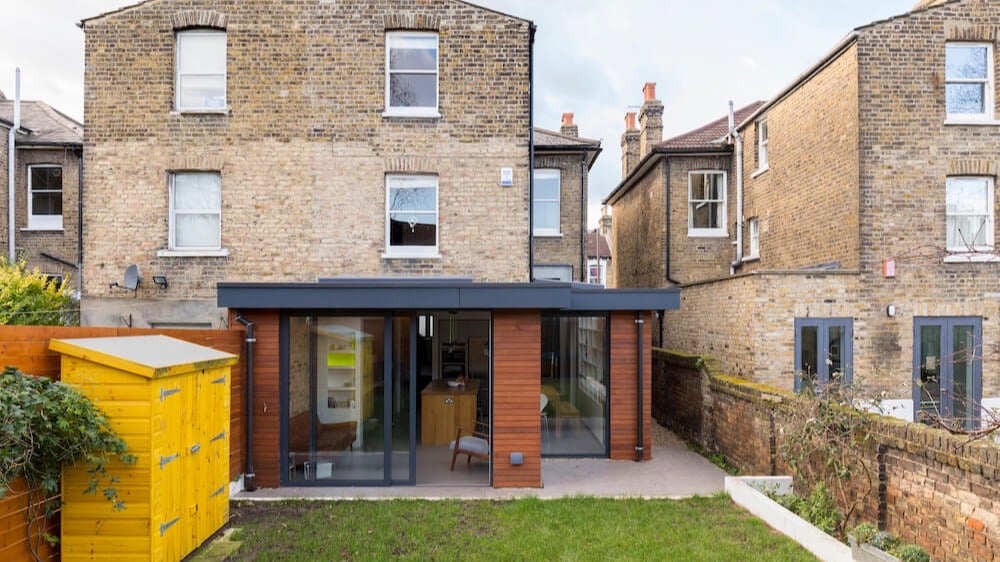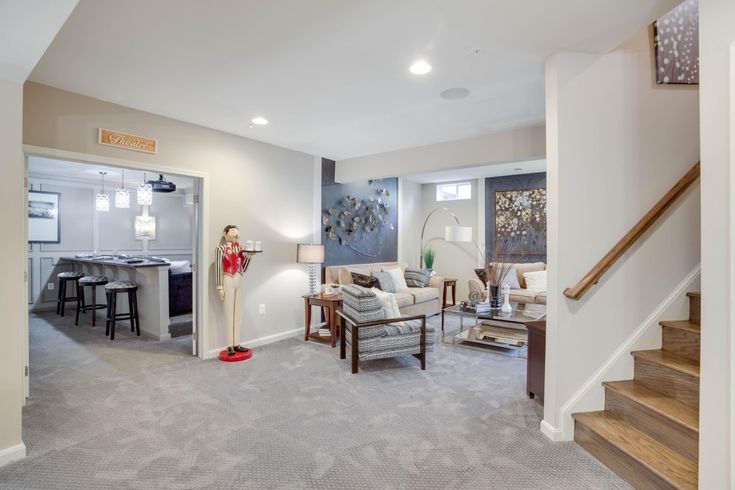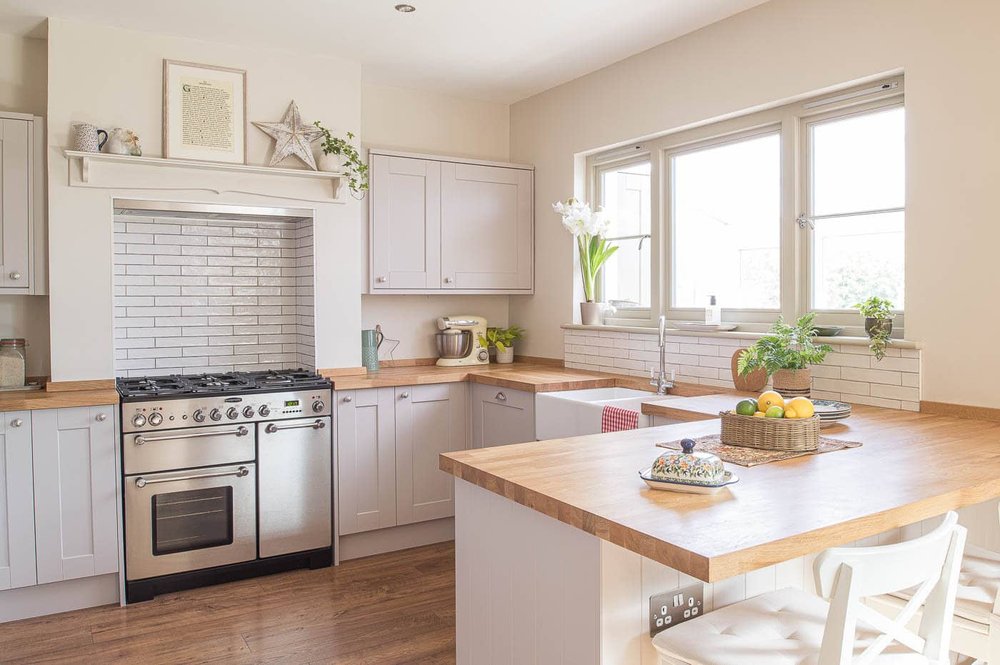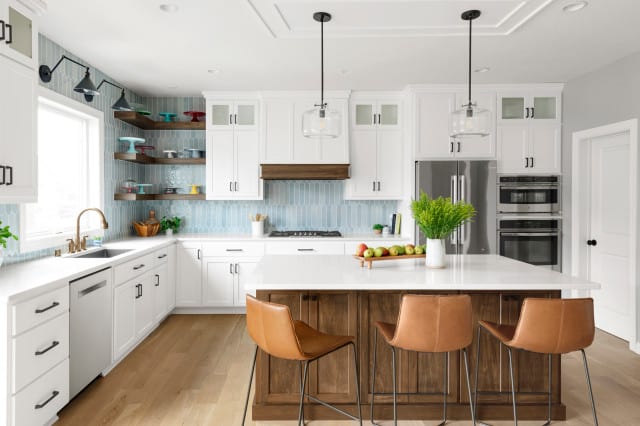Planning your Home Extension

Table of Contents
Homeowners plan extensions for a range of reasons, but a few stand out. An extension will allow you to tie more of your money in your property, and often yield a substantial uptick in your home’s value for a modest investment. You’ll also, obviously, get access to a larger living space, and one that’s tailored to your personal tastes and needs.
Getting a home extension right involves know-how, patience and planning. To stand the best chance of success, your plans will need to deal with a few different factors.
What is a home extension?
A home extension, put simply, is any modification to your home which expands the overall floor space. So, if you’re renovating a loft to make it livable, this probably wouldn’t qualify as an extension. But if you’re bolting a conservatory onto the rear of your property, then you’re extending it.
Extensions come in several types. There are rear extensions and side extensions, which extend from the rear or side of your house respectively, and then there are wrap-around extensions, which do both.
When it comes to adding value, extensions which include extra bedrooms tend to be popular, since they allow would-be sellers to post a higher number on the listing. A four-bedroom property, all other things being equal, will sell for more than a three-bedroom one.
Budgeting
An extension can be a very expensive undertaking, especially if the project is allowed to run out of control. As such, budgeting can be invaluable.
Before you start hiring contractors, you’ll want to have a strong idea of your available resources. Break your budget down into various stages of the extension. Get quotes from multiple contractors and select the ones that represent the best value. Note that this might not mean the cheapest.
Planning permissions
If your home is going to look different from the outside, then the chances are good that you need to seek planning permission before proceeding. If you get this wrong, then you might be forced to undo the work you’ve done, out of your own pocket. Err on the side of caution and seek permission, even if you aren’t sure it’s needed.
If you discover that you’ve bought a property with restrictions in place, then you might look to take legal action against the estate agent that sold you the property. This might amount to professional negligence, since agreements of this sort need to be made plain at the point of sale.
Decoration and furnishing
Your budget should ideally not just cover the extension itself, but the cost of getting the interior properly decorated and furnished. At this point, you’ll be getting toward the end of your project, and the money will likely have gotten tight. It’s common at this stage, therefore, to go down the DIY route.






